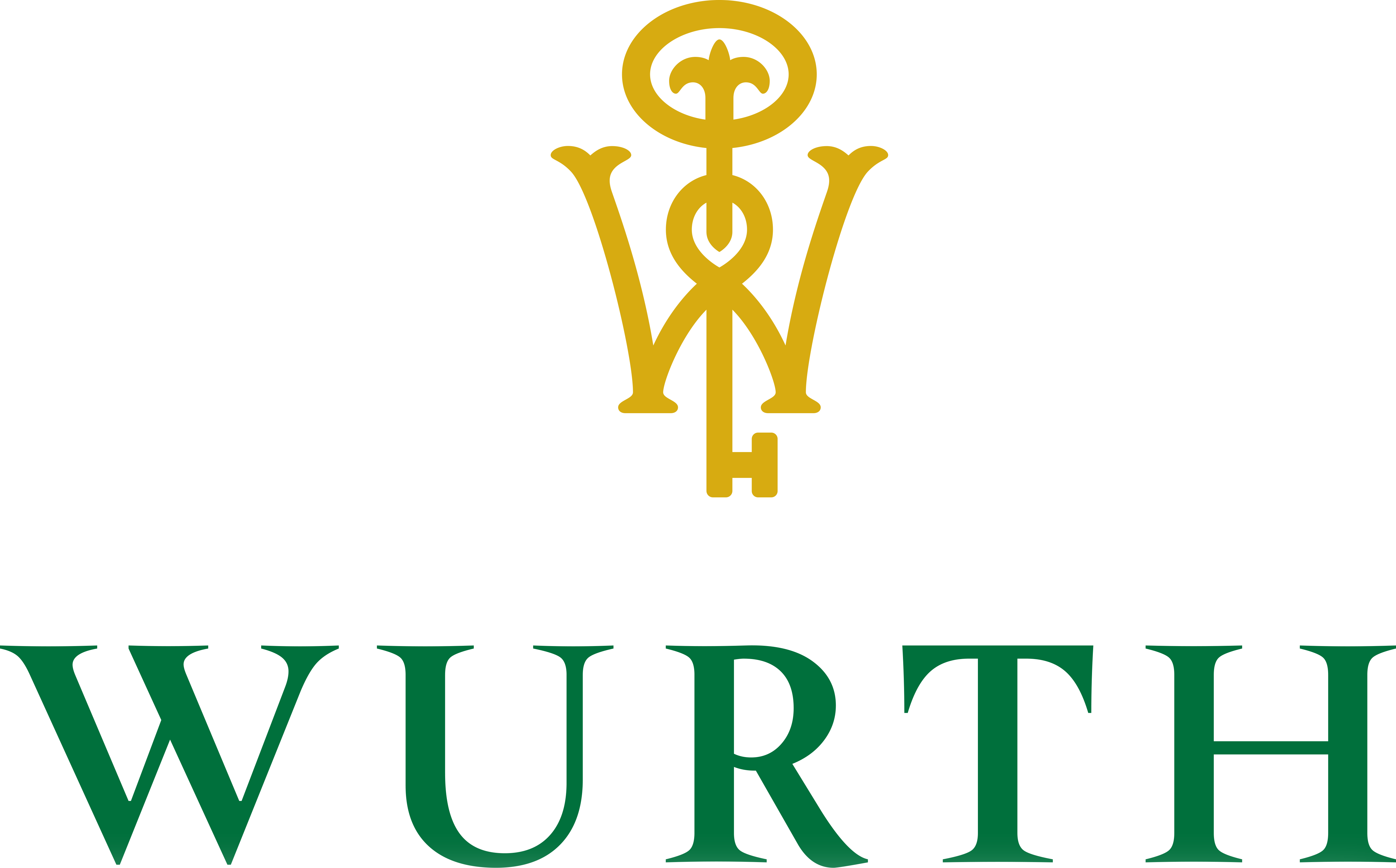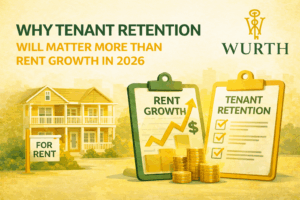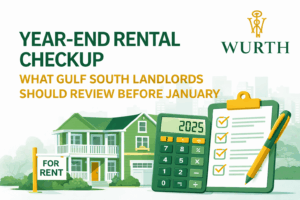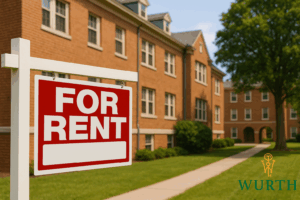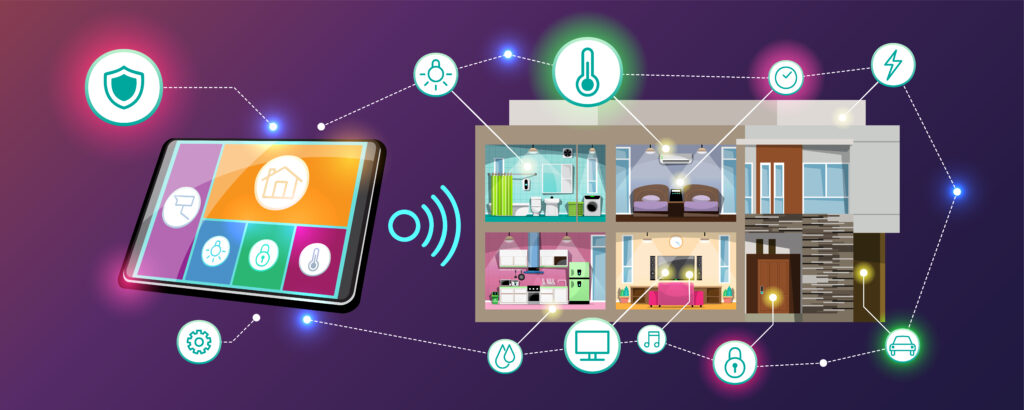
Technology sneaks into almost every corner of life these days. Tenants expect it, landlords wonder if it’s worth the investment, and somewhere in the middle sits the question: which smart home features actually make a rental property more valuable? And which ones just drain the budget without any real return?
The truth isn’t as straightforward as the glossy brochures suggest. Some features really do nudge rents higher and help properties lease faster. Others? Let’s just say they look great in theory but fail to move the needle.
What renters really care about
A good starting point is understanding that most tenants don’t want “every” smart gadget. They want the conveniences that directly impact daily life. Think: security, comfort, and cost savings.
A survey from Rent.com showed that 82% of renters are interested in smart tech, but the interest spikes for a handful of categories: security systems, thermostats, and locks. The enthusiasm drops when it comes to items like smart refrigerators or color-changing lights. Not surprising. Nobody really chooses an apartment based on whether the light bulb can sync with a phone app.
Smart locks and keyless entry
This one pays off. Keyless entry makes life easier for tenants, cuts down on lost key calls for landlords, and even helps property managers coordinate showings or maintenance. Renters often see it as a safety upgrade, which in turn increases perceived value.
It doesn’t always justify a massive rent jump, but units with smart locks tend to lease faster and attract more interest. That speed alone can reduce costly vacancy time.
Smart thermostats
Here’s where comfort meets savings. Tenants like the idea of lower utility bills, and landlords appreciate the appeal of a property that feels more energy-conscious. In markets where summers run hot or winters run long, this feature almost sells itself.
Smart thermostats can add a few extra dollars to rent, though the real benefit is marketability. Listings that mention “energy-efficient” or “smart thermostat” tend to grab more clicks and showings. That visibility makes a difference.
Security cameras and doorbell systems
This one is tricky. Security features appeal to renters, especially in urban areas, but landlords should weigh privacy concerns. Tenants usually like doorbell cameras, but they may feel uncomfortable if landlords or property managers have remote access.
When installed properly, these features boost confidence and can justify a higher rent. But the key is transparency: tenants need to know exactly who can see the footage. Otherwise, what was supposed to feel secure can suddenly feel invasive.
Smart lighting
Here’s where the payoff stalls. Smart bulbs and voice-controlled lights sound fancy, but most tenants don’t view them as a deciding factor. They’re nice-to-have, not need-to-have. And since bulbs can be unscrewed and replaced, many renters just bring their own if they care that much.
It’s worth noting that in luxury rentals, smart lighting may be part of the package tenants expect. But in most markets, it won’t add measurable rent value.
Appliances with built-in Wi-Fi
A fridge that pings your phone when the milk runs low sounds futuristic, but does it really make a rental property more appealing? Not really. In fact, smart appliances can create more maintenance headaches than they’re worth. Repairs are expensive, replacements even more so.
The majority of renters just want reliable appliances. Simple, functional, and clean. High-tech extras may add a moment of curiosity during a showing, but they rarely push someone to pay more rent.
Smart home hubs and voice assistants
These are fun gadgets, but tenants don’t expect landlords to provide them. Most people already own a smart speaker or can get one cheaply. Installing hubs across units often feels like wasted effort, especially since preferences differ (Alexa vs. Google vs. Apple).

So what’s actually worth it?
If the goal is to increase rent or reduce vacancy time, the smart features that matter most are:
- Smart locks and keyless entry
- Smart thermostats
- Select security features like doorbell cameras
Everything else? More decoration than investment.
That doesn’t mean landlords should avoid other features altogether. In high-end markets, more tech can help position a property as modern and competitive. But outside those pockets, it’s better to invest in the basics: clean finishes, reliable appliances, and solid property maintenance.
Where property managers fit in
Smart tech is only useful if it’s managed well. Property managers often step in here by coordinating installation, setting up systems, and making sure access is handled securely. They can also advise landlords on which features renters in a specific market will actually pay for.
That kind of insight saves time and money. After all, no one wants to spend thousands on gadgets that become little more than expensive conversation pieces.
A final thought
Smart home features aren’t going anywhere. Some will continue to grow in demand, while others fade into novelty. The challenge is figuring out where to invest without getting distracted by trends.
As property managers, we’ve seen firsthand which upgrades renters value and which ones landlords regret. That experience shapes our approach. If you’re weighing smart upgrades and wondering how they fit into your rental strategy, Wurth Property Management can help sort through the noise and point to what actually works.
FAQs
Do smart locks really increase rental income?
A: They may not raise rent dramatically, but they help properties lease faster and reduce vacancy time.
Which smart features do tenants value most?
A: Security, smart locks, and thermostats top the list for most renters.
Are smart appliances worth installing in rentals?
A: Usually not. Tenants want reliability more than Wi-Fi-enabled fridges or ovens.
Can smart lighting raise rent prices?
A: Not usually. It’s considered a bonus, not a must-have feature.
How do property managers help with smart home tech?
A: They manage installations, handle tenant access, and advise landlords on which features actually pay off.
